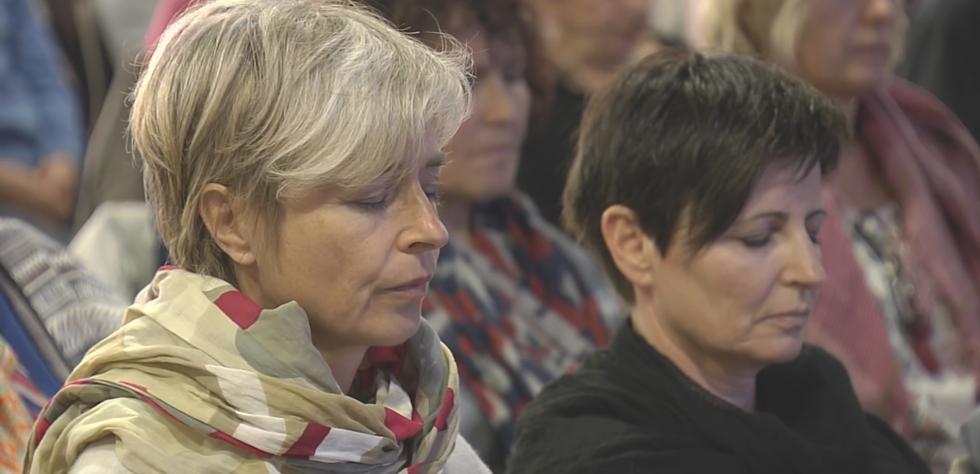Objectives:
Sensorial Introspection is a meditative practice which uses perception as a means to access body and mind experiencing. It addresses exteroceptive and interoceptive senses in a gradual and cumulative manner that draws the practitioner’s attention to a panoramic stage which tends to loosen cognitive control and develop openness to the present moment as well as to a sense of peace and a different interpretation of reality. We investigate the possible effects of Sensorial Introspection on negative effects, using the results of an exploratory survey as illustration for the purposes of a literature review concerning the place of perception in meditation’s mechanisms of action.
Design and Results:
The survey was designed as a single-group pilot clinical trial. Participants (n = 84) registered at a 2-day workshop (introduction to Sensorial Introspection) completed a small set of self-administered measures (demographic and practice questions, STAI-Y forms) before and after the very first introspection of the workshop on a voluntary basis. State anxiety was revealed to have significantly decreased after the intervention (t = -7.566 p < 0.001) and trait anxiety was inversely correlated to self-practice intensity (r = -0.32 p < 0.01) and not so much to seniority of practice.
Discussion and Conclusion:
These preliminary results open a debate on the link between body, perception and psyche and the articulation between perception and awareness in meditative practice. We wish to contribute to further exploring the non-cognitive mechanisms of action of meditation practice on people’s wellbeing. The promising results of our survey call for randomized clinical trials to validate “sensorial introspection” as an effective intervention for stress and anxiety relief in the general population.
Summary of the revue EC Pyschology and psychiatry - line 9 : Research Conceptual Paper - and to read more



